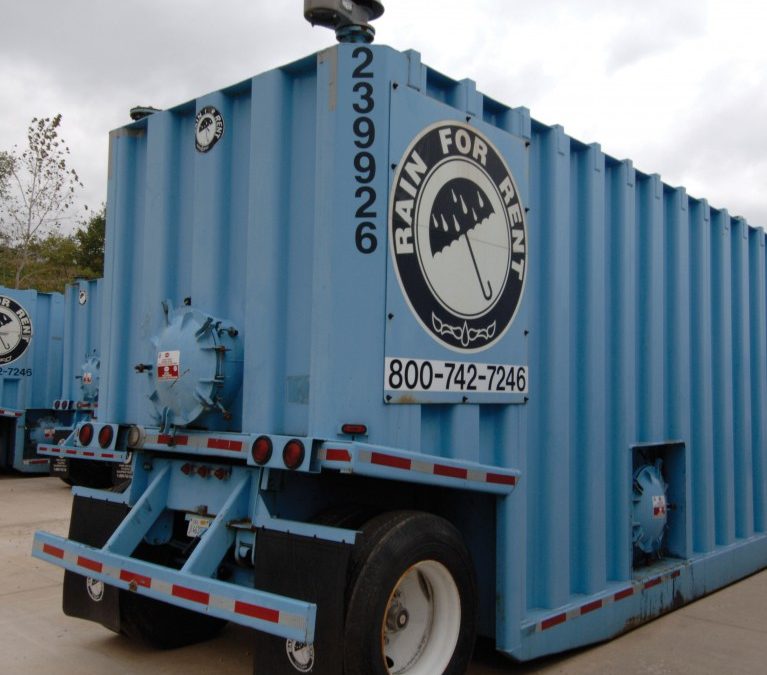In all cases, UniTech has the solution. We decontaminate frac tanks and release them for unrestricted use. In most cases, frac tanks are returned to owners in order to discontinue ongoing rental charges. In others, obsolete tanks are freed for re-sale/re-use or recycling. UniTech recommends that customers not delay dealing with frac tanks and rolling the dice with regulatory rankings.
See any frac tanks serving as oversize lawn ornaments at your site? Talk to your account representative or Brian DiFatta, Manager of Business Development, about your frac tank needs.
This Bears Repeating: From the Fall 2014 UniTRACK issue
Recent guidelines from INPO and the NRC set high standards for management of materials stored on-site. An excerpt from INPO’s January 2011 Guidelines for Radiological Protection at Nuclear Power Stations sets the tone: “Decontaminate items with removable contamination prior to storage or reuse, whenever practical. Maintain a well-supplied tool room designated for use in the RCA, to prevent clean tools from being brought in and out of the RCA. Periodically, perform random radiological surveys of tools stored in the RCA to ensure that station contamination limits are not being exceeded.”
Likewise, NRC’s Inspection Manual (Inspection Procedure 84900) states that facilities storing low-level radioactive waste (LLRW) must not develop an “‘out-of-sight, out-of-mind’ attitude,” and defines NRC’s role in assuring this doesn’t happen: “This will best be done by examining the licensee’s record to ensure that the required surveys, inspections and accountability checks are being done and then following up with a physical examination of the storage area and waste containers/packages.”

